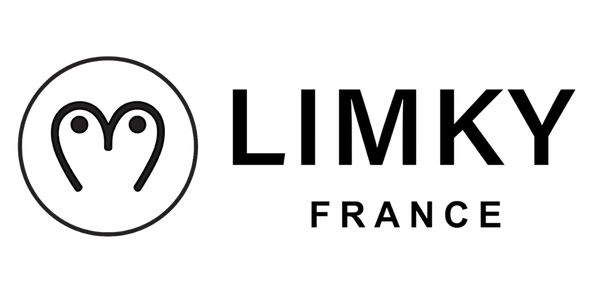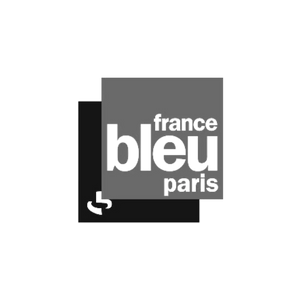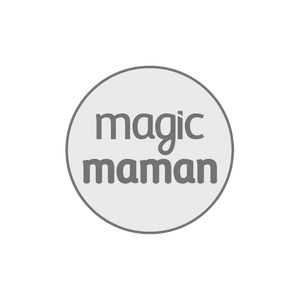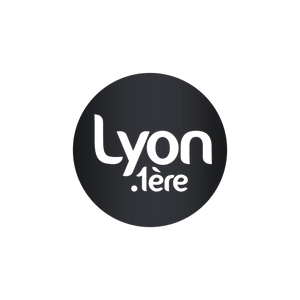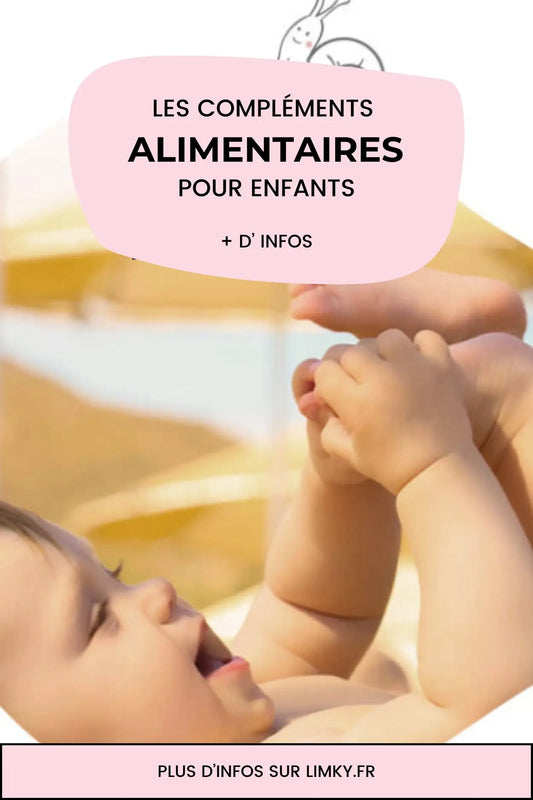
Breastfeeding: what diet?
Share
Source: Carole Hervé - IBCLC Certified Lactation Consultant
Introduction
Breastfeeding is a great way for babies to get nutrients and vitamins . Breastfeeding also helps strengthen their immune system and makes them less vulnerable to infections like diarrhea and ear infections. Breastfeeding also benefits the mother's health. Let's see what simple guidelines can give you good vitality while breastfeeding your child.
Breastfeeding and nutrition
How much should you eat? What should you avoid? How can diet affect your baby? It's normal to have questions. Maintaining energy and getting the nutrients needed to produce milk can become a concern with so much talk about breastfeeding .
What if you simply added some color to your meals? These meals would then be made up of vegetables, fruits, plant and animal proteins, and dairy products. That would make things simpler, wouldn't it?
Here are some highlights:
- Proteins: meat, fish, milk, eggs, cheese, tofu, pulses (beans, lentils, broad beans, peas)
- Fruits and vegetables: whether raw or cooked (2/3 of the plate)
- Starchy foods: pasta, rice, potatoes, cereals (wholemeal or cereal bread, rice, pasta, wholemeal semolina) (1/3 of the plate)
- Water: the only essential drink, to be consumed without moderation
- Dried fruits, such as raisins, oilseeds (cashews, walnuts, almonds, etc.).
Choose according to your tastes and pleasures. Sometimes three meals won't be enough, so add a healthy and nutritious snack. Banish pastries and enjoy dried fruit, fresh fruit, energy balls, and wholegrain bread with nut puree, for example.
Breastfeeding causes your body to expend extra energy.
Breastfeeding is a 24-hour job. It's not just the time you spend at home with your baby, but also the time you spend away from them, breastfeeding in public or at home. Your body needs energy to maintain this level of work and causes you to burn 300 to 500 more calories than usual.
If you are a fan of calculations and are concerned about ensuring that your consumption is within the standards, we offer a calculation.
Take your pre-pregnancy weight/healthy weight as an indicator.
Divide this number by 10.
And you will know how many calories you typically need every day.
Example: A woman who naturally weighs 63 kg will need 630 calories.
Then add an extra 500 calories if you are breastfeeding.
Should a breastfeeding mother be hyper-vigilant about her calorie intake?
Fortunately, no! Generally, women don't need to limit or avoid certain foods while breastfeeding, let alone spend all day worrying about whether they're eating a balanced diet. A healthy, varied diet is more than enough.
Ultimately, no! You just have to listen to yourself and not overdo it. You're not eating for two, and you don't need to get back in shape right away. Give your body time to regulate itself.
Splitting up meals and having healthy, nutritious snacks throughout the day can help increase overall calorie intake without gaining too much weight.
There are very few weight-loss diets that are recommended while breastfeeding. If you have any concerns about your weight, seek advice from a doctor or dietitian rather than embarking on a drastic weight-loss diet. You could lose vitality.
If we want to consume 500 extra calories a day, where do we find them?
Breast milk provides perfect and complete nutrition for the first 6 months of a baby's life. It contains about 4% fat, which covers about 40 to 60% of a newborn's energy needs .
Your body needs healthy calories, including vitamins, DHA and ARA, which are long-chain polyunsaturated fatty acids (LC-PUFAs) essential for your baby's growth.
The fats in breast milk are not only a source of energy, but they also provide fatty acids, lipid "building blocks" for organs such as the brain, which is very rich in lipids (they constitute 50% of the dry matter weight).
DHA (docosahexaenoic acid) is a polyunsaturated omega-3 fatty acid naturally found in fish, seafood and algae.
ARA (arachidonic acid) is a polyunsaturated omega-6 fatty acid found in meat, poultry, and eggs
Breast milk from mothers who eat a balanced diet contains adequate levels of ARA and DHA to meet the nutritional and developmental needs of infants.
Ask your doctor for advice if you are not already taking multivitamin complexes.
While breastfeeding, drink to your thirst
Some people give guidelines for how much water and other herbal teas to drink every day. This ranges from one liter to 2.4 liters of water per day . Should you force yourself to drink if you're not thirsty? Water is the best choice because it helps your body recover from pregnancy-related water loss and can help prevent constipation and urinary tract infections.
Clearly, drinking too little can cause digestive and intestinal disorders. To check if you've had enough to drink, simply check the color of your urine. If it's dark, you should consider drinking more.
How many mothers sit with their baby and don't dare move when he's enjoying the breast, thus forgetting to drink because they didn't anticipate having a glass available? Keep a thermos with your favorite herbal tea, a bottle of water, or a pitcher handy.
Breastfeeding mothers need more vitamins and minerals than women who do not breastfeed.
- Vitamin D. This vitamin is often recommended for breastfeeding mothers because it contributes to the baby's bone development and prevents rickets (a disease caused by vitamin D deficiency).
- Calcium. Calcium plays an essential role in the health of your child's teeth, bones, and muscles. It also helps keep their heart beating regularly and their blood vessels strong to prevent them from weakening or bursting. Breastfeeding mothers need more calcium than those who don't because it helps them build up reserves for when they return to work or school after maternity leave.
- Some mothers, such as those who follow a vegetarian or vegan diet, may not be getting adequate nutrients from their diet alone and may be at greater risk of nutritional deficiencies. For this reason, they will need to supplement with vitamin B12.
Ask your doctor for advice.
Key takeaway: Good nutrition while breastfeeding has benefits for both baby and mother.
Key takeaway: Eating well while breastfeeding has benefits for both the baby and the mother. Eating well keeps you in great shape. It's good for you, it's good for the baby, and it's good for the whole family. You'll also feel good, which will help you enjoy the time you spend with your new baby.
Your doctor or midwife may suggest taking vitamin supplements if your diet is not balanced or if you develop deficiencies.
Conclusion
Finally, don't worry, whatever you consume, your milk offers the perfect content of proteins, carbohydrates, fats, vitamins and minerals and is easy to digest.
And if you want to learn more about breastfeeding positions, I invite you to discover our guide here.
